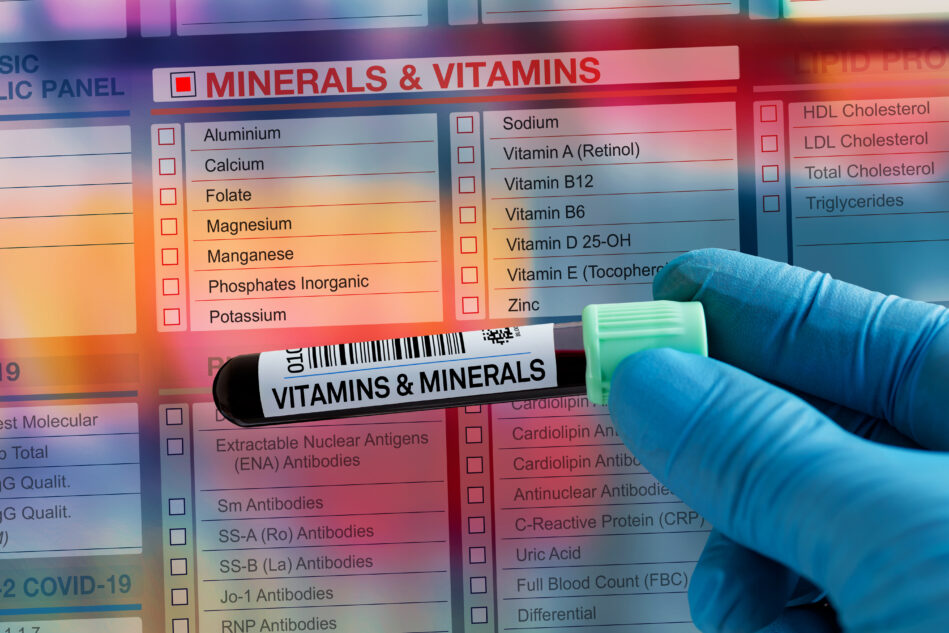As we re-enter the world after months of self-isolating, is there going to be another spike in COVID-19 infections? Perhaps. However, as you increase your contact with more people, having a strong immune system is a key part of keeping healthy. To boost your immune system, make sure you are getting a balance of vitamins, nutrients and minerals. A strong immune system can help your body’s defenses to fight off all viruses or bacteria, as well as aid in recovering from an infection. No nutrient or supplement alone can prevent you from getting COVID-19.
The good news is that most of the vitamins and minerals necessary to support a strong immune system are available in a daily multivitamin, according to Alexander Michels, PhD, a research associate at the Oregon State University Linus Pauling Institute (LPI). He adds that vitamin D, zinc, vitamin C and DHA, an omega-3 fatty acid found in some fish and fish oil pills, can be particularly helpful.
Last month, Michels’ LPI colleague, Adrian Gombart, PhD, and other researchers published research in the journal Nutrients finding that a wealth of data supports the notion that a healthy diet that includes specific vitamins and nutrients is essential to healthy immune function. The problem, according to Gombart, is that too many people don’t get enough of these nutrients in their diet, and that could lead to being more vulnerable to getting sick.
Gombart says that while immunizations, frequent handwashing and other measures can help stop the spread of infections, this should be complemented with other measures. “The present situation with COVID-19 and the number of people dying from other respiratory infections make it clear that we are not doing enough. We strongly encourage public health officials to include nutritional strategies in their arsenal.”
The Nutrients paper makes several specific recommendations: In addition to a daily multivitamin, the authors suggest 200 mg or more of vitamin C daily (federal guidelines call for 75 mg for men and 50 mg for women), and 2000 iu daily of vitamin D (400 iu to 800 iu are currently recommended, depending on age).
As much as possible, it’s best to get vitamins and nutrients from food sources, says Michels, though he concedes that isn’t always possible as it would take an enormous amount of food to get enough. In those cases, you’ll need supplements. It’s also important to note that not all supplements are created equal. It’s best to look for those that have a “USP Verified” or “NSF” mark on the label. The U.S. Pharmacopeial Convention and NSF International are independent, non-profit organizations that verify the quality and potency of nutritional supplements.
Now that you know the vitamins and nutrients necessary to bolster your immune system, how much do you need of each per day and what foods provide them? Luckily, LPI has created a webpage with nutritional strategies to support your immune system, along with other helpful pointers.
Michels cautions that it’s important to know the upper intake level of vitamins and minerals and not to exceed them in most cases, as it can potentially lead to side effects. He says just as with prescription drugs, patient education for supplements is critical.






